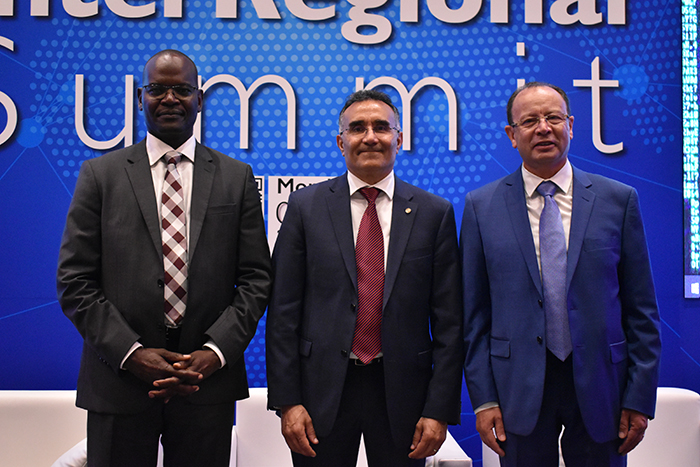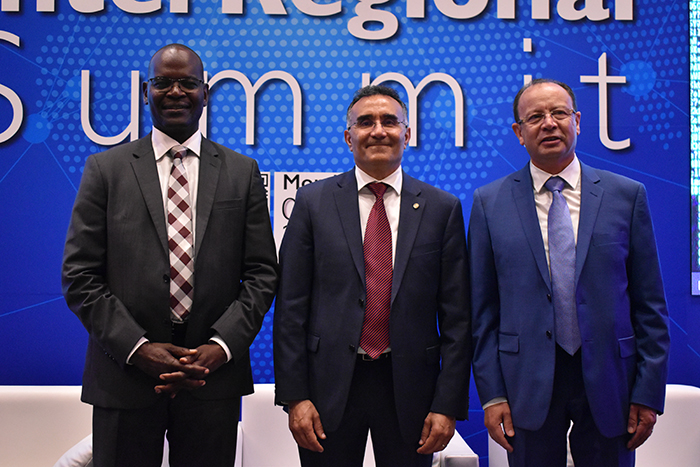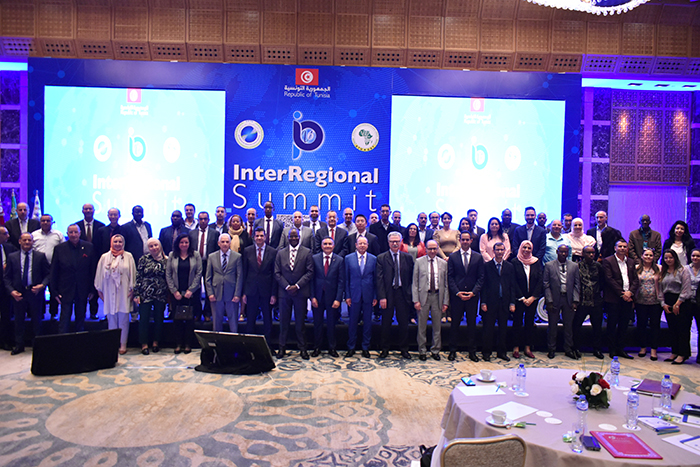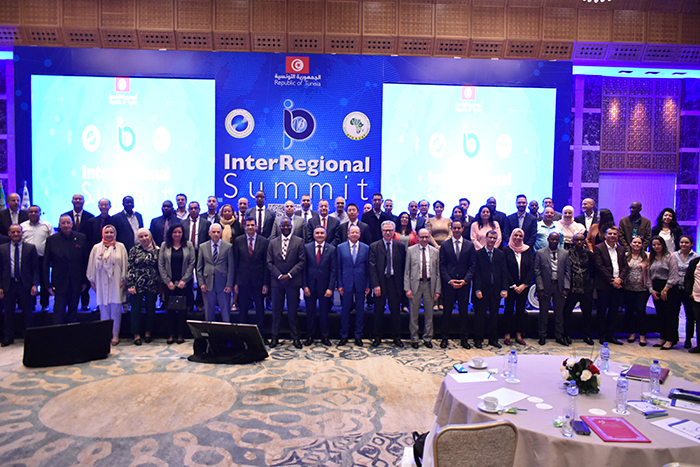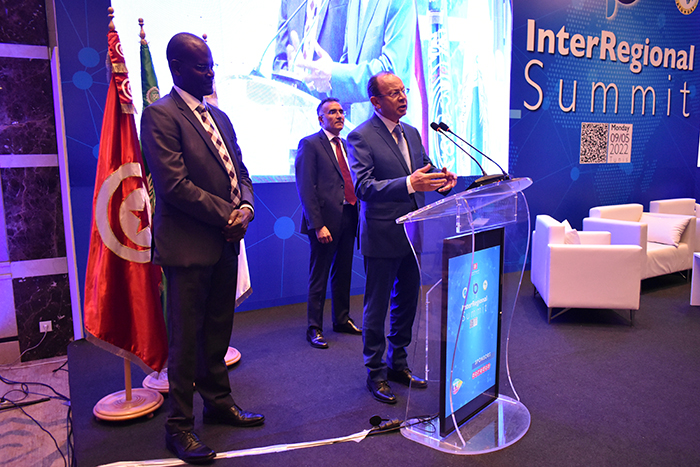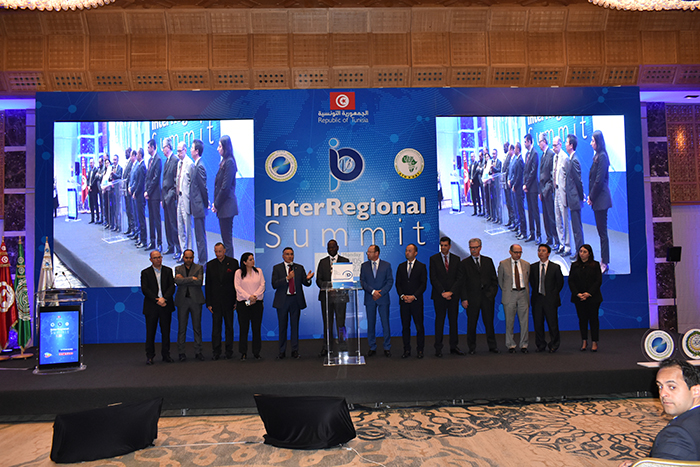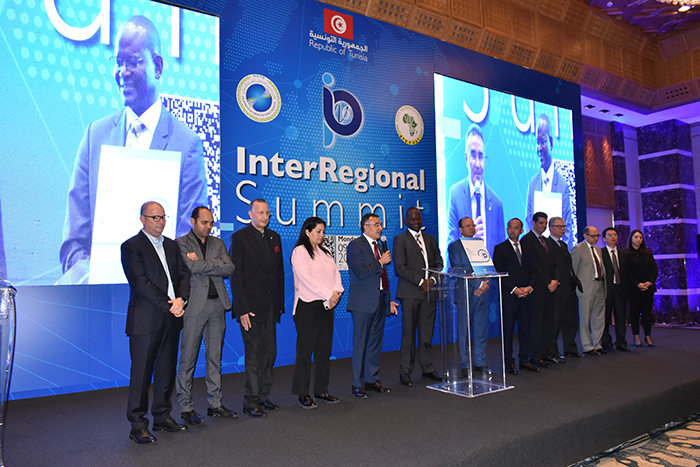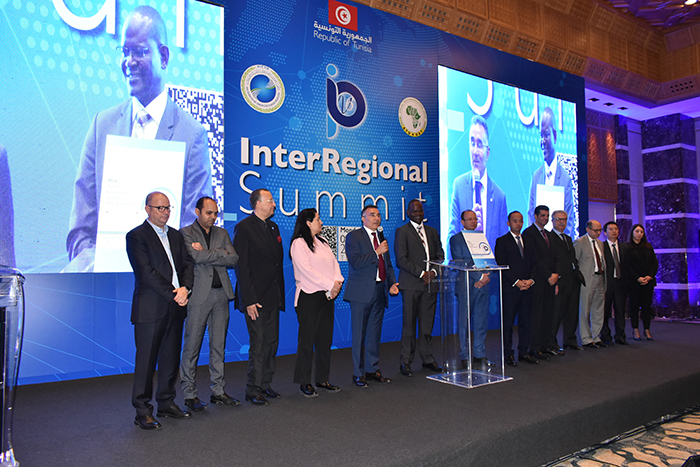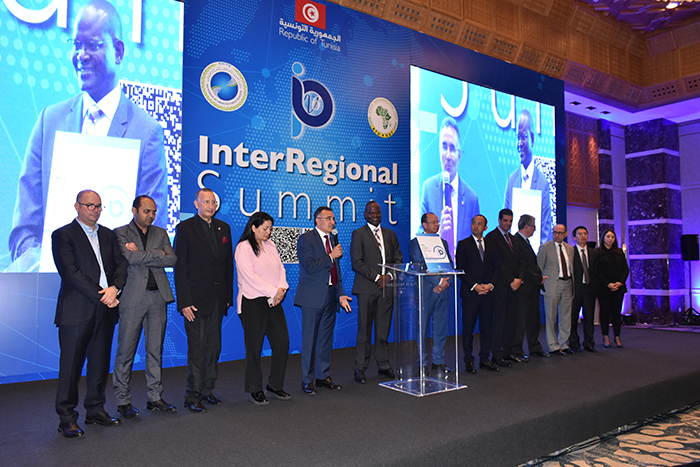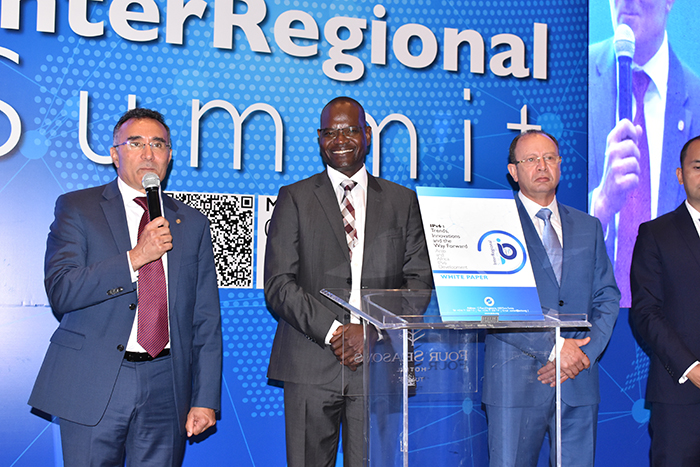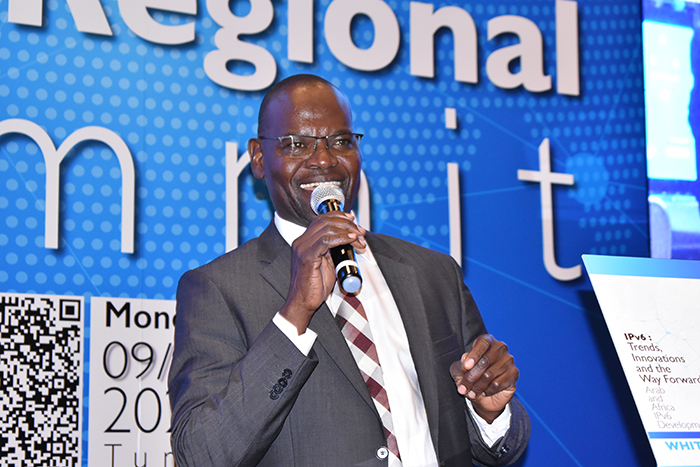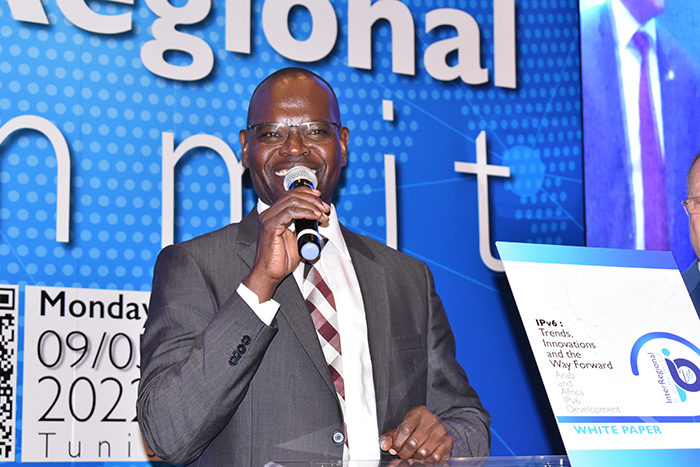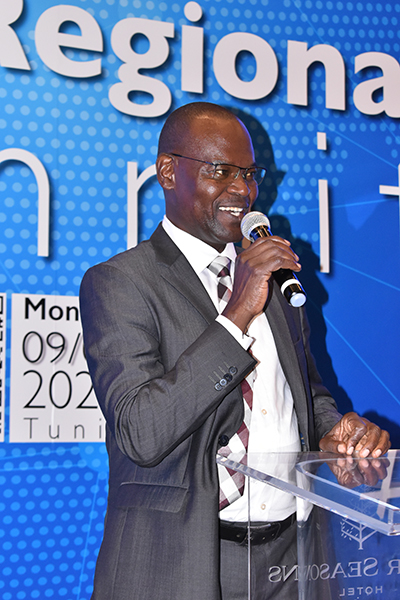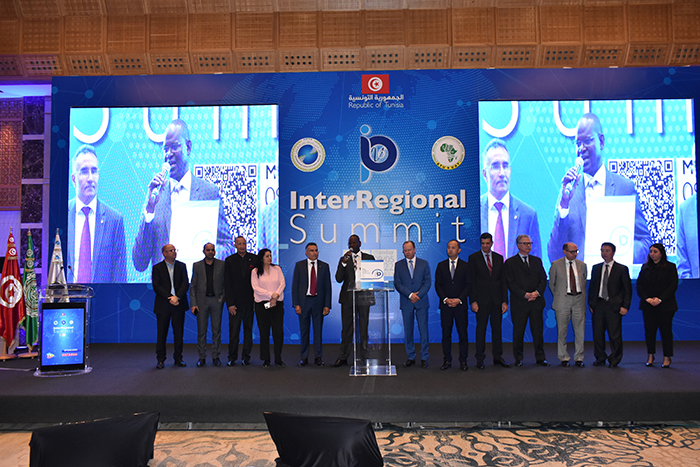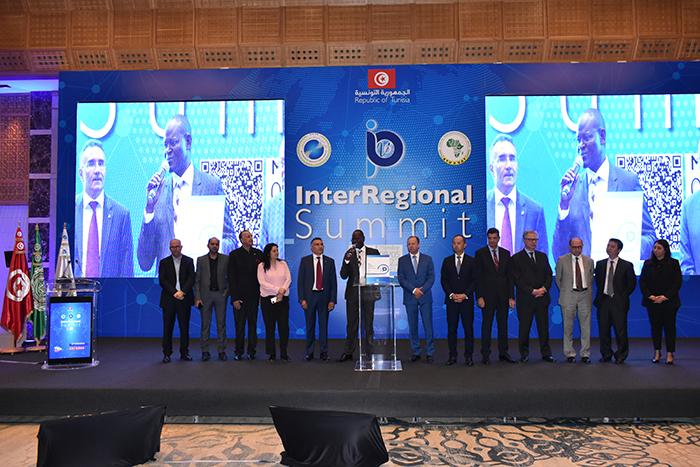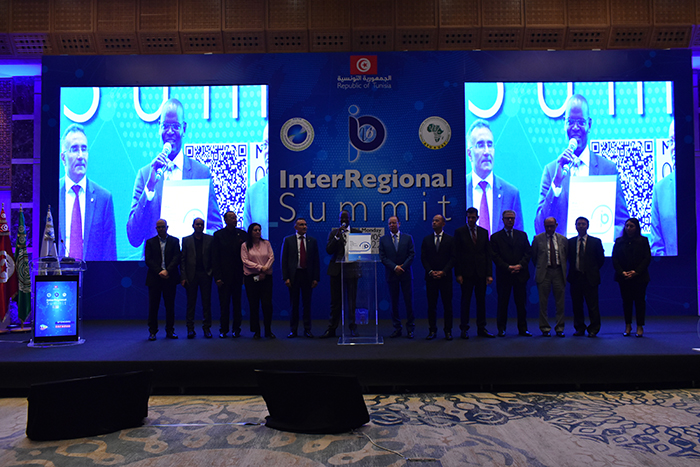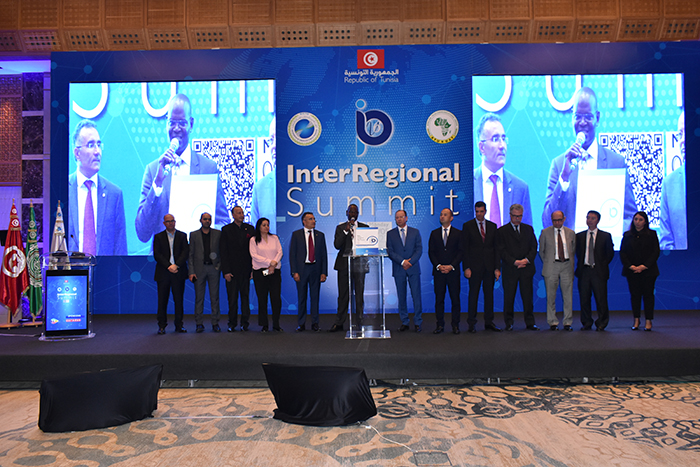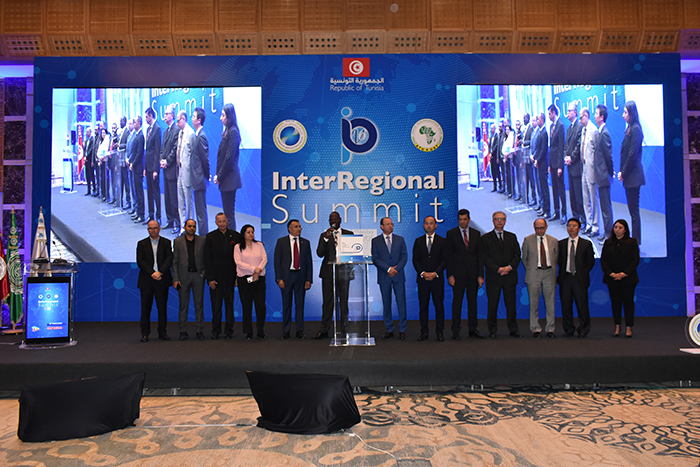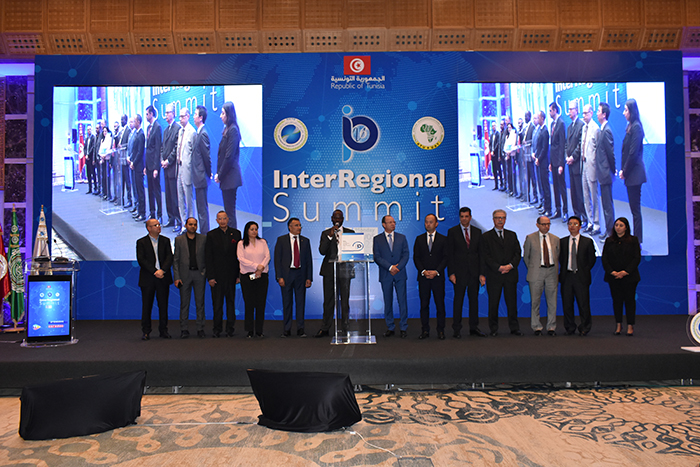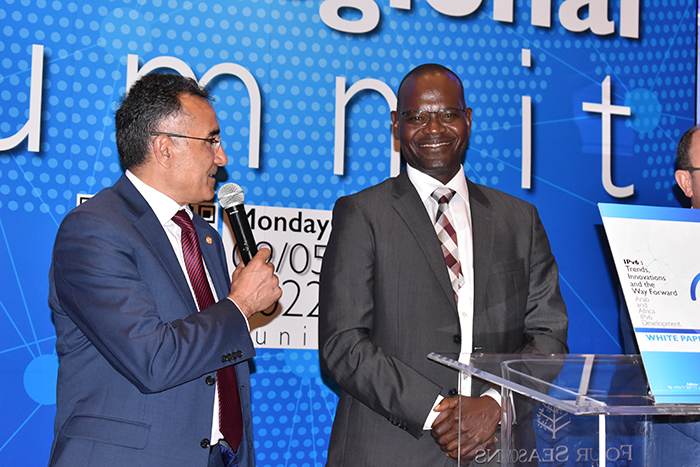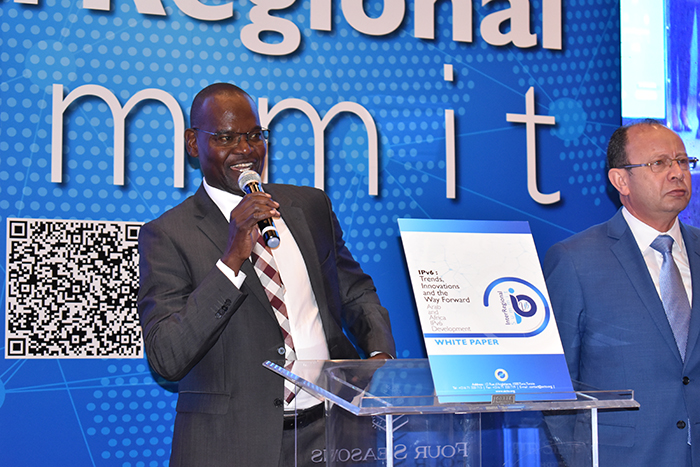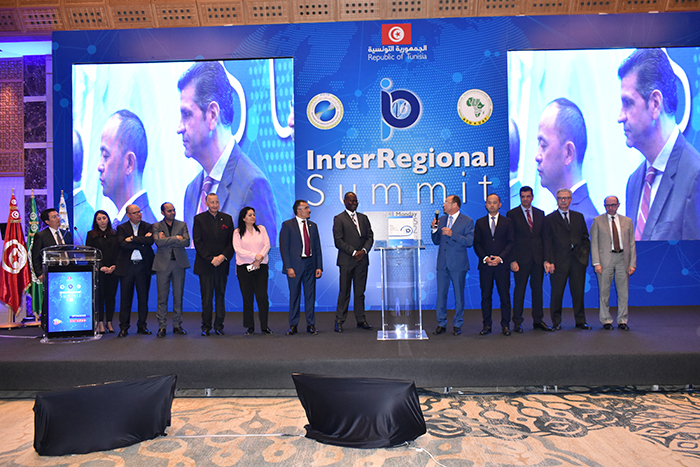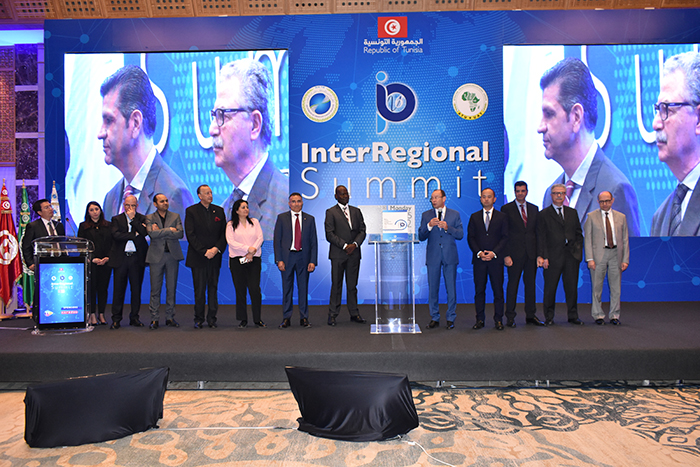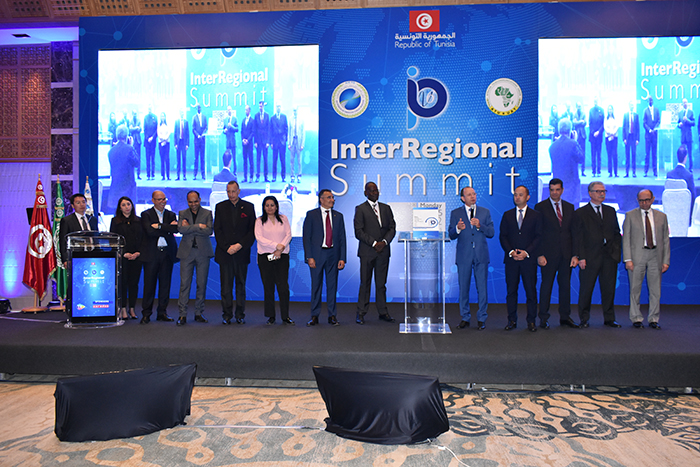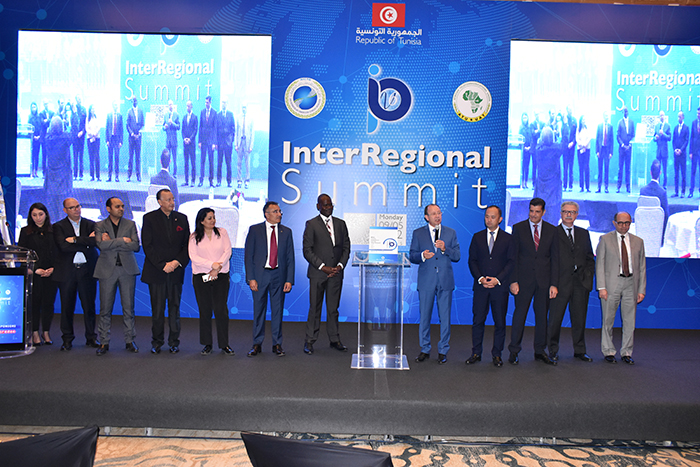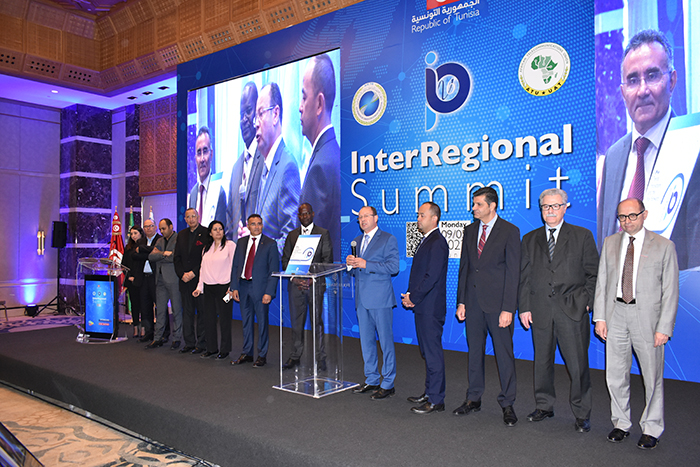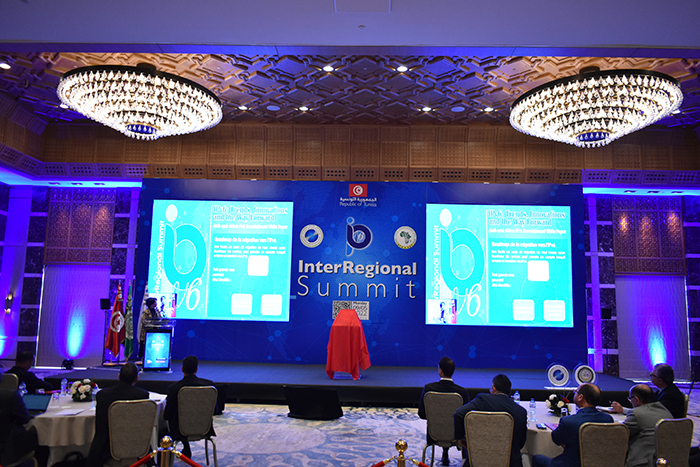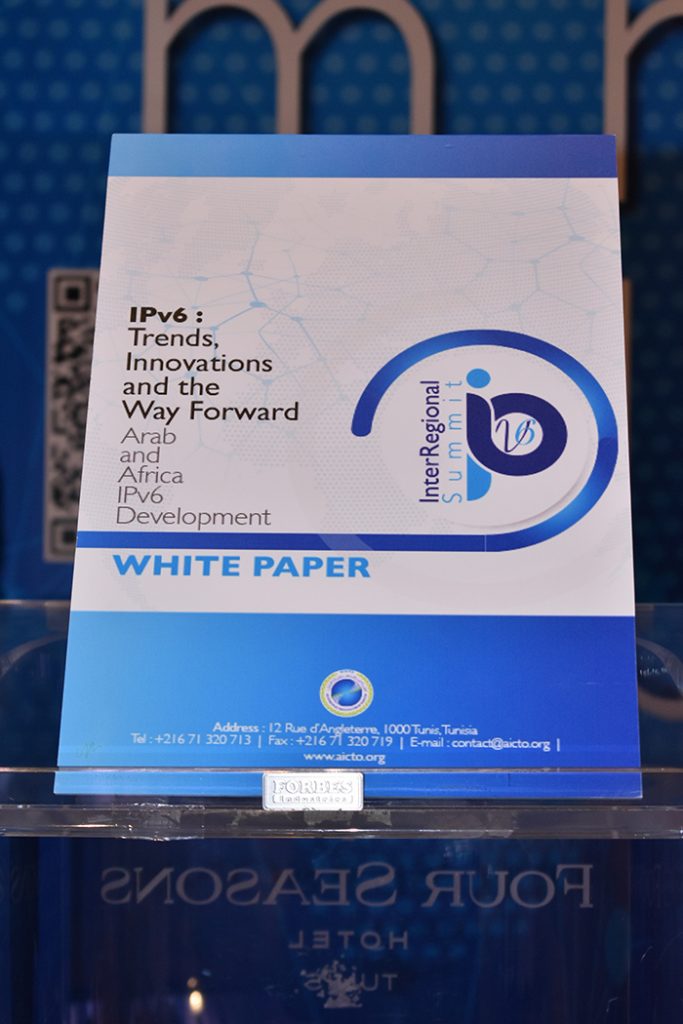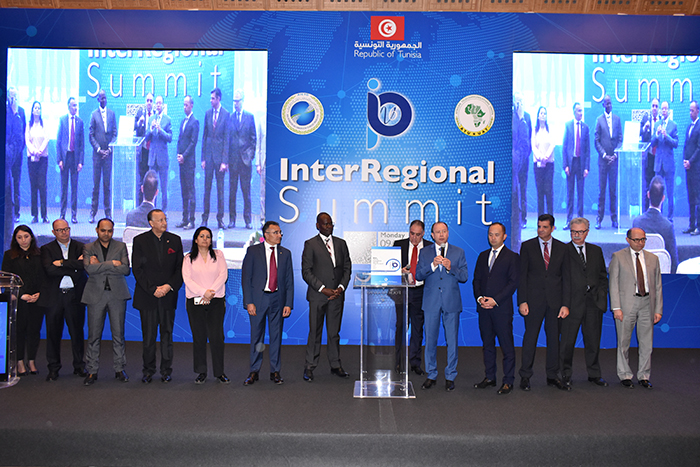
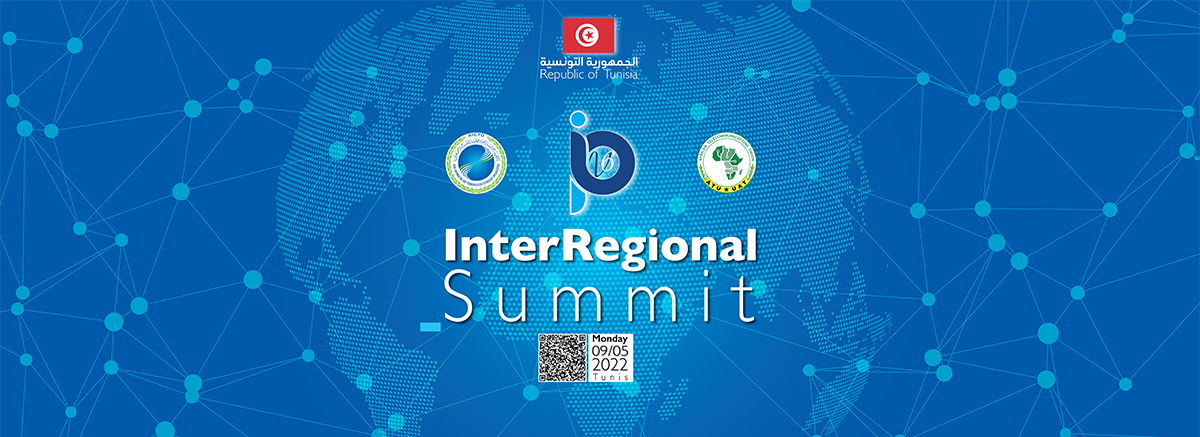
“Transition to IPv6” InterRegional Summit
Challenges and Opportunities, Tunis, 09 May 2022
The Arab ICT Organization has organized, in partnership with the African Telecommunication Union and under the high patronage of the Ministry of Communication Technologies of the Republic of Tunisia, the first edition of the high-level interregional Summit “Transition to IPv6” on Monday 9 May 2022, in the Republic of Tunisia.
The organization of this important event stems from the keenness of AICTO to raise the awareness of the importance of using the Sixth Internet Protocol, given the remarkable slowness of countries of the Arab and African regions in adopting national strategies to move from the fourth to the sixth version, despite the great positive economic impact of this transition.
During this summit, the outline to set up the roadmap for the transition strategy to IPv6 was discussed in addition to the release of a white paper on the most important regional experiences from the region and at the international level as well.
The works of this summit were inaugurated by H.E. Eng. Mohamed ben Amor, Director-General of the Arab ICT Organization, noting that the organization of this event falls within the framework of the entrusted role of AICTO to develop and promote the ICT sector in the Arab region, as the transition to the IPv6 has actually become a critical challenge to ensure the stability of the Internet and business continuity and support its future growth and development due to the imminent exhaustion of Internet Protocol addresses in its fourth version.
H.E. Mr. John Omo, Secretary-General of the African Telecommunication Union gave an update on the situation in Africa regarding the transition to IPv6, clarifying that it faces many challenges, not only from a technological side but also from the economic and security one.
He mentioned the education sector as an example, especially during the COVID-19 crisis when teaching was mainly done online, indicating that for that reason, governments must play a leading role in accelerating this transition in order to facilitate procedures and establish real industrial policies on this topic.
From his side, H.E. Dr Bilel Jamoussi, Chief of the Study Groups Department of ITU Standardization Bureau enumerated the benefits of moving to IPv6, including better network management, more control over cybersecurity, and technological compatibility with the rest of the world.
- Mr. Philip Wang, Executive Vice President of Huawei Northern Africa, emphasized the importance of this summit for the digital transition issue that the region is witnessing, responding to the rise of the number and quality of connections, the expansion of the increasing demand for connectivity in the era of data flowing while ensuring safety standards.
According to him, this transition should occur in a thoughtful way that enables it to thrive in future needs, especially with the advent of 5G technologies, IoT, etc.
This summit witnessed wide and high-level physical participation of more than 130 delegates and experts in the field from many Arab and African countries, with the coverage of live broadcasts on social media.
Keynote speeches for this summit were delivered by distinguished high-profile speakers, Mr. Latif Ladid, President of the IPV6 Forum, and Dr. XIAO Xipeng, Head of Datacom Standard and Industry Development, Huawei Europe.
The first session dealt with the “IPv6 challenges and opportunities” issue, especially with the remote participation of the ITU Director of the Africa Regional Office, Mrs. Anne-Rachel Inne, as well as the interventions in the presence of Dr. Chafiq Chaya, RIPE NCC Regional Communications Manager, Middle East Region, United Arab Emirates, and Afrinic Representative.
The second session of the summit focused on some experiences in the process of moving to the IPv6, which brought together a representative of the National Telecommunications Regulatory Authority of the Republic of Tunisia, in addition to representatives of the three operators (Tunisie Telecom, Ooredoo, and Orange). This session was moderated by the eminent professor Dr. Farouk Kammoun.
AICTO extends its thanks to all contributors to the success of this important event through the active participation of all parties, partners, and associated members: Tunisie Telecom, Ooredoo Tunisia, Orange Tunisia, the National Telecommunications Authority, the Tunisian Internet Agency, the Center for Studies and Research for Telecommunications, and especially its strategic partner “Huawei”


